MPs on the transport committee are warning that unless charging habits change, or the National Grid is strengthened, the charging needs from millions of new electric vehicles (EVs) will cause blackouts to parts of the country.
In Zero emission vehicles, published today, the MPs have set out a series of recommendations to Government to boost the production and purchase of EVs.
The report questions whether the Government’s current plans are enough to deliver the public charging infrastructure needed across all regions of the UK and whether it will benefit everyone.
Drivers who live in rural or remote areas or who do not have off-street parking, for example, are at risk of being left behind, it says.
The MPs warn that a clear policy framework is essential to ensure that industry can deliver the vehicles and charging infrastructure required to deliver the Government’s net zero ambition.
Huw Merriman MP, chair of the transport committee, said: “Putting guarantees in place on infrastructure is crucial, but one report after another flags concerns to Government about the provision of electric car charging infrastructure.
“Let ours be the last; it’s time that ministers set out the route map to delivering a network of services for everyone across the UK.”
Just last week, a Competition and Markets Authority investigation found that some areas of the development of the UK’s charging infrastructure are facing problems which will hinder the roll-out of electric vehicles (EVs).
It says that this could impact the Government’s plans to ban the sale of new petrol and diesel cars by 2030 and its wider commitment to make the UK net zero by 2050.
EV infrastructure strategy
The Government’s transport decarbonisation plan promises an EV infrastructure strategy by the end of the year, which will set out the its vision for infrastructure rollout, and roles for the public and private sectors in achieving it.
By 2030, it expects to have 2,500 rapid charge points across the strategic road network, and 6,000 by 2035.
It says it is also working with Ofgem on the deployment of the Energy Networks Association’s £300 million Green Recovery Scheme, announced in May, to accelerate motorway service area and wider EV charging infrastructure investment.
The UK has around 25,000 charge points currently and, while there is still uncertainty, forecasts suggest more than 10 times this amount will be needed by 2030.
The transport committee report says that the Government must work with the National Grid to map national coverage to eradicate ‘not-spot’ areas and identify locations where the Grid will not cope with additional usage.
It should also make public charging provision a requirement of local development and provide funding for local planning and transport bodies to hire staff with a mandate to deliver charging infrastructure.
Furthermore, it suggests that it needs to protect the consumer from excessive charges and multiple accounts when charging in public and address the discrepancy between the 5% VAT incurred for home charging and 20% VAT for on-street.
The report insists that industry uses price to change consumer charging behaviour to a ‘little but often’ approach and at times when the National Grid can meet total demand.
17 electric vehicle charging tariffs
Research from Cornwall Insight shows around 17 EV tariffs are available, with some of the tariffs still in testing phases and not available to all customers. On top of this number, there are 11 Time of Use (ToU) EV tariffs on offer.
Katie Hickford, an analyst at Cornwall Insight, said: "EV tariffs can provide households with savings compared to a standard tariff offering, but there is reduced choice currently, with comparisons between the different offerings challenging, although improvements are being made for consumers.
“As EV sales continue to rise, we would expect more innovative tariff offerings to cater for this section of customers, especially as the uptake of EVs moves to mass adoption."
The transport committee report notes that with charging at home substantially cheaper than on-street charging, pricing must be fair for people who charge their EVs in public spaces.
It welcomes the Government’s commitment to regulate interoperability between charge points and pricing transparency for public charge points later this year. However, mandating industry to use pricing to move consumer behaviour towards a ‘little and often’ refuelling habit will also help, it says.
Zero-emission vehicle mandate
The MPs are also calling on the Government to introduce a zero-emission vehicle (ZEV) mandate as a matter of priority if it is to hit its target of 100% ZEVs by 2035.
A ZEV mandate would incentivise car manufacturers to steadily increase sales of zero emission vehicles towards the 2030 target for all new vehicles to have ‘significant zero emission capability’.
This, it says, would bring ZEV vehicles within reach of more consumers encouraged by cost-effective ways to support purchases compared to taxpayer-funded incentives.
Merriman says that the Government's inclusion of a ZEV mandate in a recent consultation is welcome but not enough on its own.
He continued: “Charging electric vehicles should be convenient, straightforward and inexpensive and drivers must not be disadvantaged by where they live or how they charge their vehicles.
“Shifting the subsidy from the taxpayer to the manufacturer will incentivise those who deliver the fewest electric vehicles in our showrooms to up their game.
“Unless the National Grid gains more capacity, consumer behaviour will have to alter so that charging takes place when supply can meet the additional demand. The alternative will be blackouts in parts of the country.
“We also cannot have a repeat of the broadband and mobile ‘not spot’ lottery which would mean those in remote parts cannot join the electric vehicle revolution.”
Jack Cousens, head of roads policy for the AA, says that for most drivers, the opportunity to charge an EV in their garage, on their driveway or in a dedicated parking space offers cheaper running costs.
However, he said: “For the 30% of homeowners with no access to dedicated off-street parking or workplace charging, they have no choice but to pay the rates set on the public charging network.
“On the road to electrification, we cannot allow one group of drivers to benefit while others struggle – in effect, a two-tier system of have and have-nots.
“An independent body overseeing the fees being charged on the public network would help reassure drivers that they are paying a fair price.
“Rather than focusing on tying manufacturers up in red tape to meet EV sales targets, we need to improve the incentives offered to consumers to buy electric vehicles. Scrapping VAT would be the most influential policy to help spark the electric revolution.”

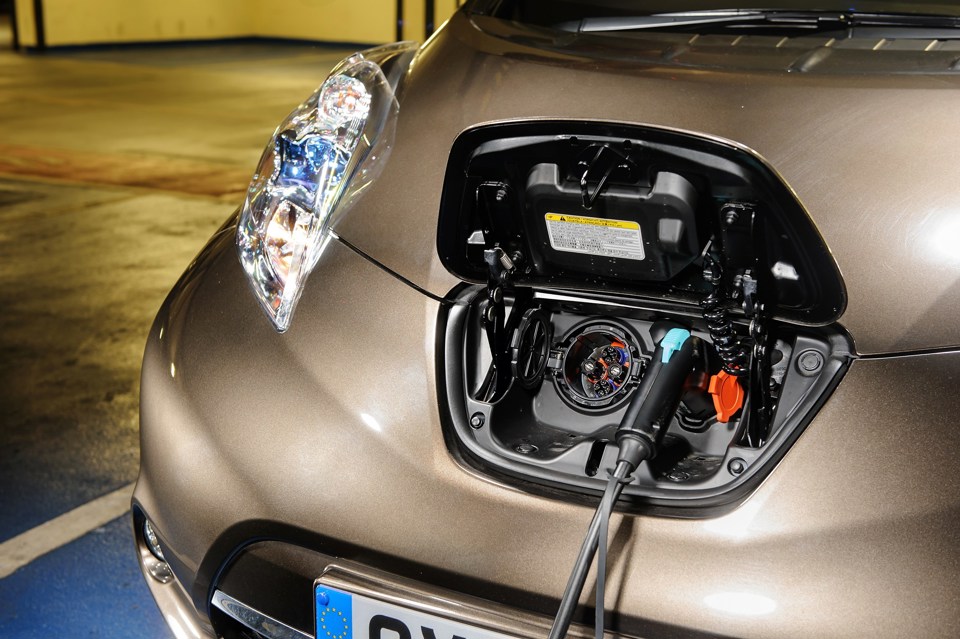




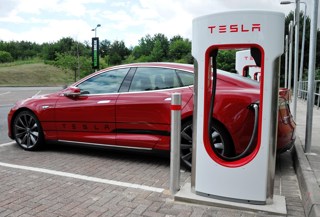
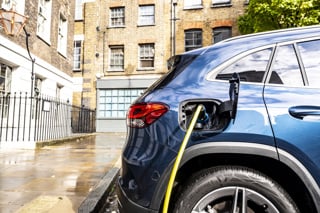
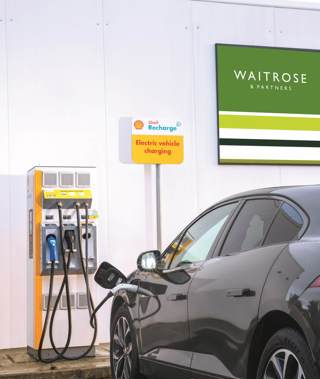

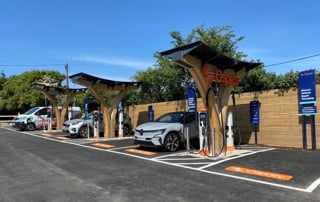











Login to comment
Comments
No comments have been made yet.